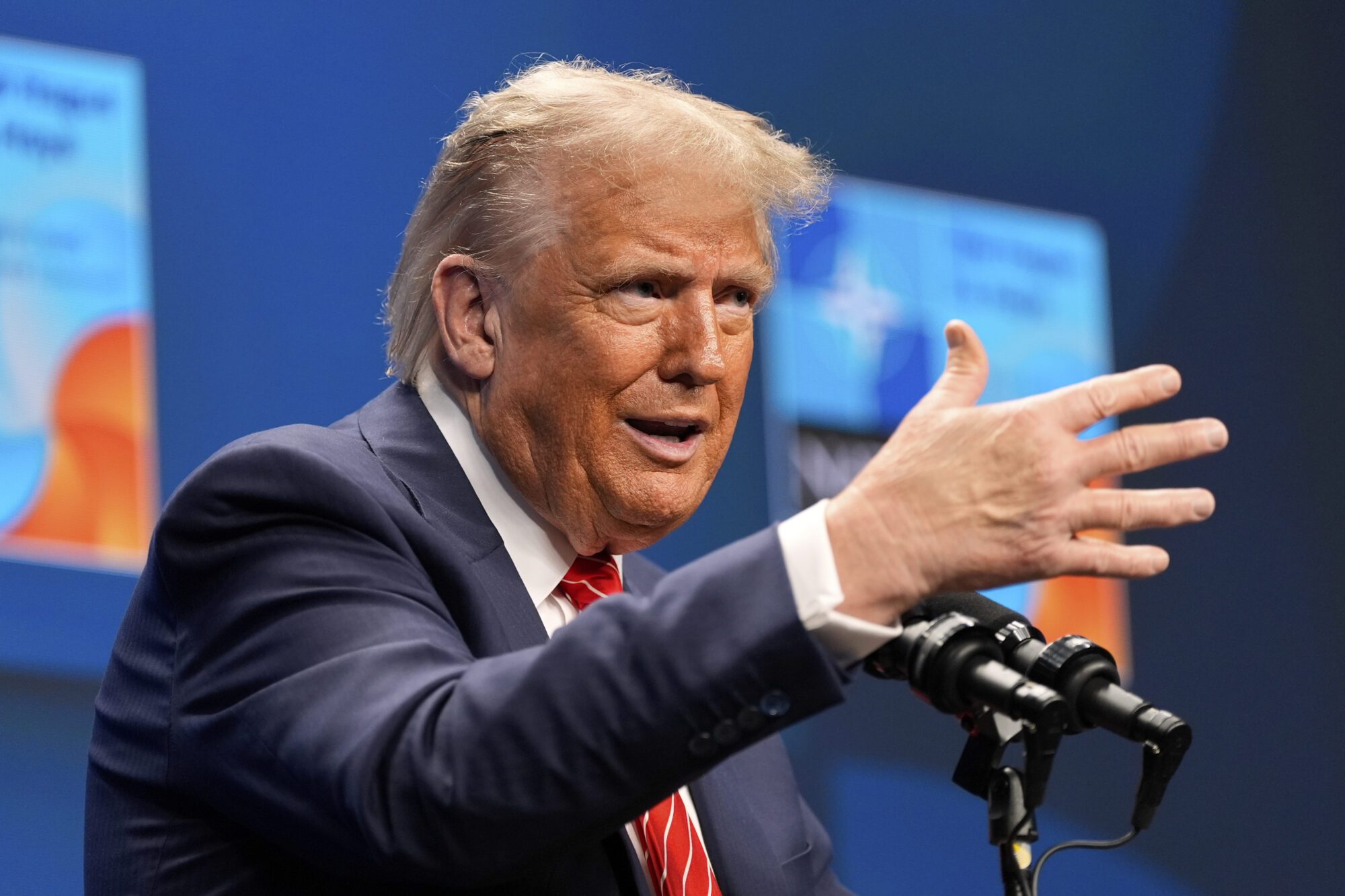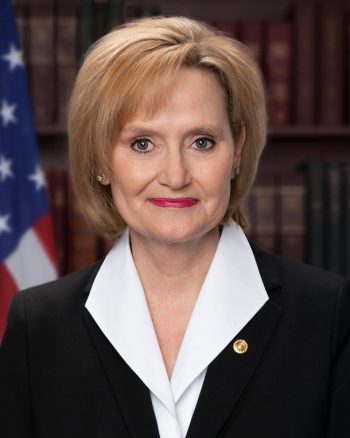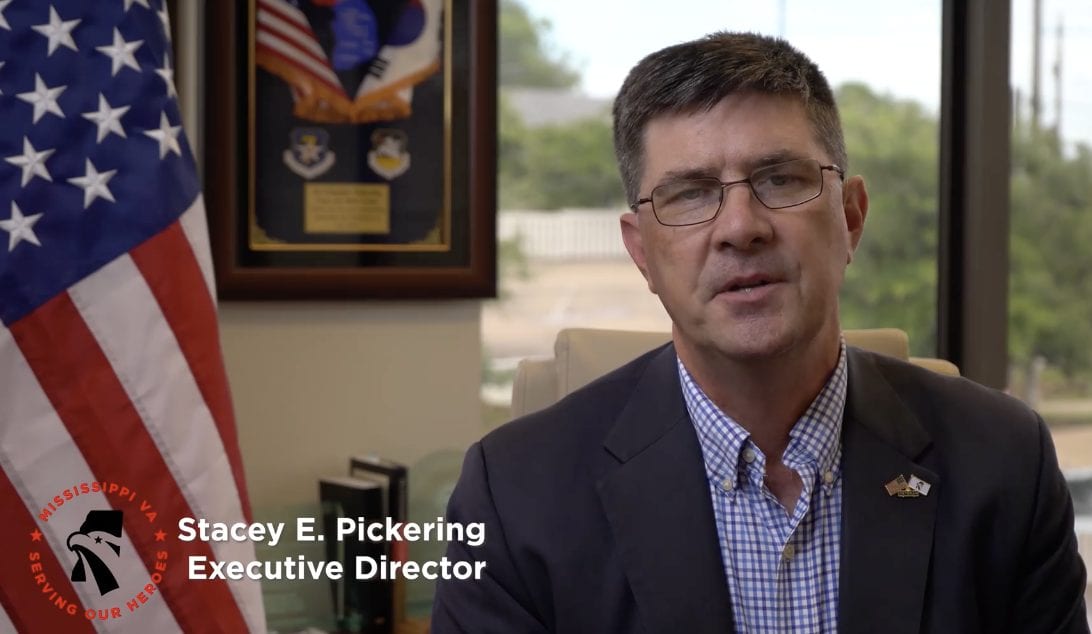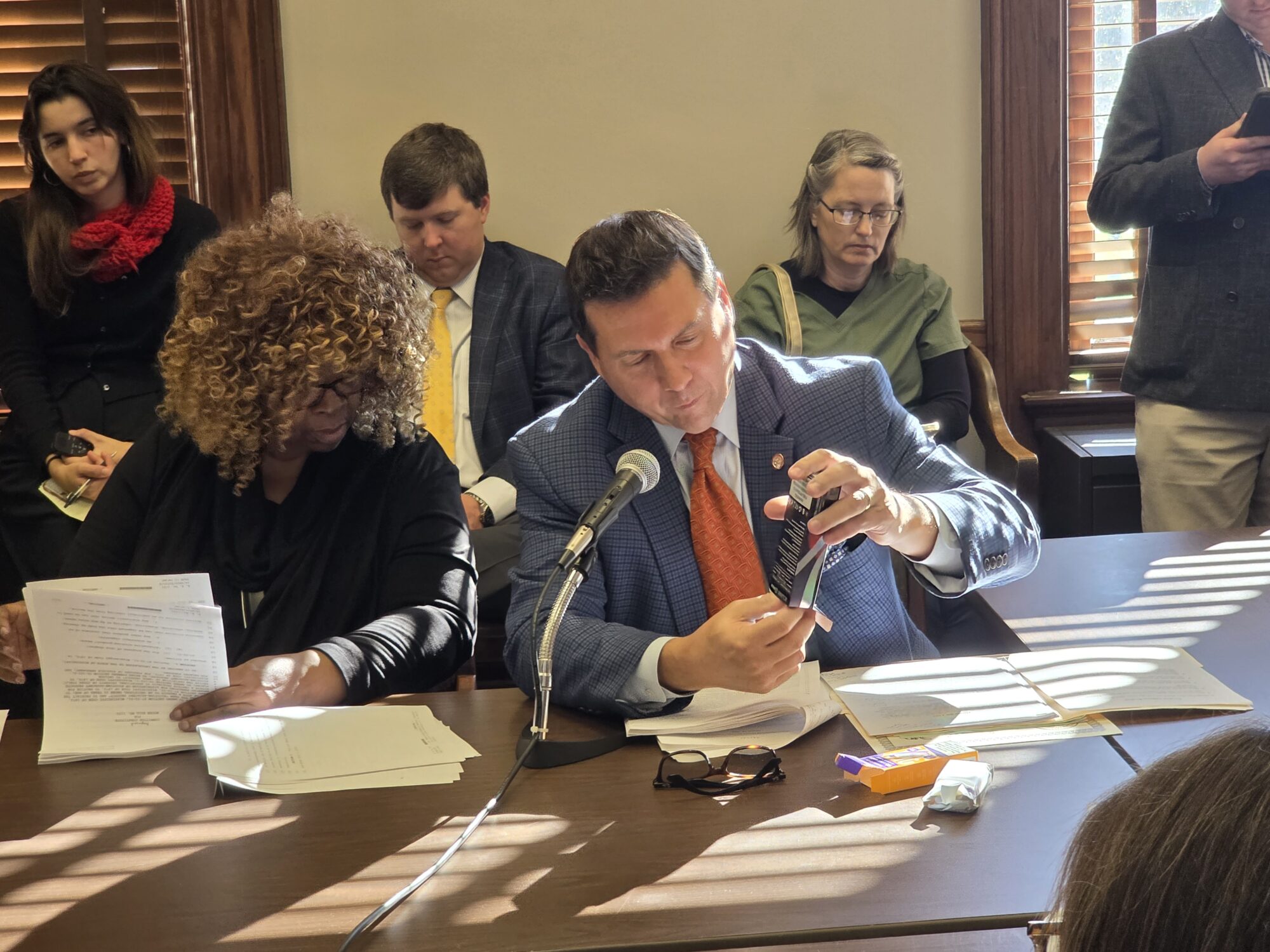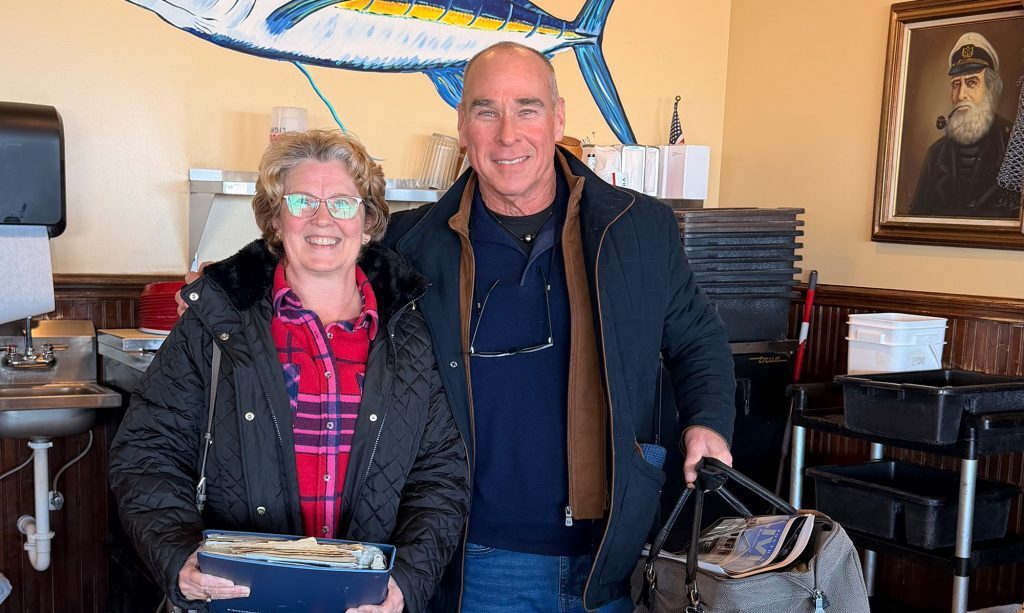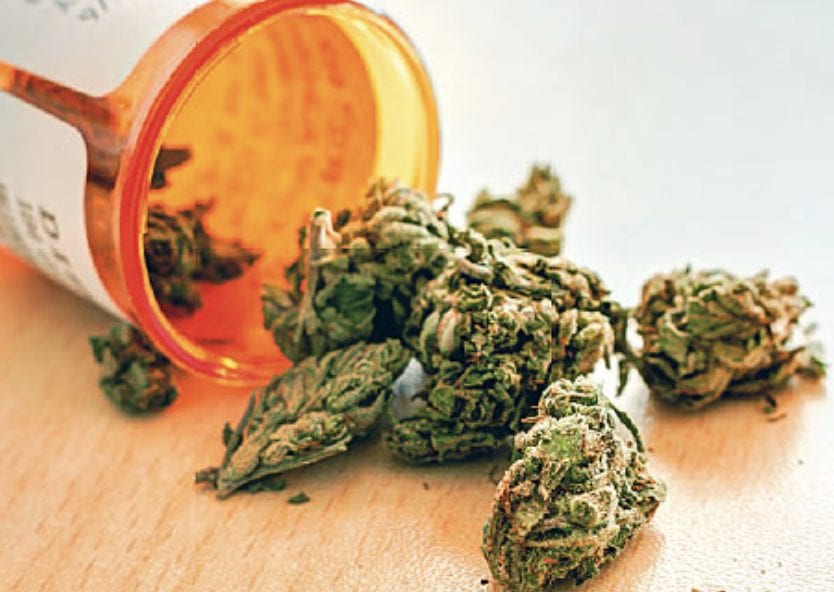
Voters in Mississippi will head to the ballot box in November with a unique decision ahead of them, whether or not to legalize medical marijuana.
The original plan for the legalization of Medical Marijuana was through INITIATIVE 65, offered by the people, meeting the requirements to be place on the ballot. It aimed at making medical marijuana available to Mississippians with a debilitating medical condition which includes cancer, epilepsy ALS and 19 other ailments.
However, due to disagreements in the language of the initiative, the Mississippi Legislature proposed Alternative 65A (HCR 39) that was passed in the first few months of the 2020 session. According to supporters of INITIATIVE 65 the alternative legislation does not define a program start date, legal protections for those involved in the process, or a list of qualifying conditions like Initiative 65 does but it does provide a cap on distributors and could require tax dollars to function.
Jamie Grantham with Mississippi Marijuana 2020 said their polling suggests 80 percent of Mississippians would support the legalization of Medical Marijuana. There are currently 34 other states that have approved medical marijuana usage. Among those states, roughly 3.5 million Americans have received relief.
INITIATIVE 65 is supported by a steering committee that is comprised of over 70 doctors, leaders of disease groups, law enforcement, religious leaders and veterans. A full list of these individuals can be found on their website.
It would put the Mississippi Department of Health in charge of regulating the process by which medical marijuana is grown, processed and made available to the public. This practice is to ensure that qualified patients from licensed treatment centers are the only ones receiving care.
MSDH would be authorized to borrow up to $2.5 million from the State Treasury in order to implement the program. It would then be self funded through fees for medical marijuana ID cards, fees for business licenses and user fees on retail purchases, that does not exceed the state sales tax rate.
Spence Flatgard, a partner at Watkins & Eager was involved in the drafting of the initiative as lead attorney. He said they looked at how the other 34 states were conducting their programs and aligned their framework with what worked best for conservative Mississippi. The drafting also included meetings with Department of Health staff and other physicians.
“Some of the 34 states have done a good job and others have messed up so we’ve been able to see what didn’t work in other states and fix that and see what didn’t work in other states and apply that,” said Flatgard.
He added that the stories of veterans have been particularly powerful to him. He said many Mississippian veterans come back after defending our freedoms with a debilitating medical condition but have to resort to potentially addictive substances like opioids to manage it.
“They tell me that their brothers and sisters in other states that have access to medical marijuana saved their life,” said Flatgard. “They were on a track of opioids that leads to problems and suicide.”
Legislators who argue against INITIATIVE 65 and push voters toward Alternative 65A say that the language is too broad.
“Initiative 65 is a broadly written document that does not contain sufficient language to establish a legitimate medical marijuana program,” said Representative Jill Ford in a recent press conference in support of Alternative 65A. She called distributors “pot shops” and shared concerns that they could diminish property values in local towns.
Some law enforcement officers, such as Sheriff of Madison County Randy Tucker, also argue that the 2.5 ounces or 70 grams that is allowed under INITIATIVE 65 is too much for a 14 day time period.
Grantham said that amount is not only the standard amount of marijuana prescribed to patients who are suffering from these conditions, but also the median average of the other 34 states with medical marijuana programs and the number that was provided to MM2020 by the University of Mississippi’s marijuana program in Oxford.
When it came to drafting INITIATIVE 65, Flatgard said what really drove them the most was listening to doctors and patients across the state.
“As I listen to stories, it’s powerful and moving,” said Flatgard.
Mother and advocate for the legalization, Angie Calhoun, says her son who has suffered from chronic illnesses since 17 could return home to Mississippi if he was able to receive the treatment of medical marijuana that he had to move in order to get.
“For Austin, medical marijuana worked. It subsided the horrible effects of his debilitating medical conditions,” said Calhoun. “Austin was eventually able to stop taking all 17 prescriptions and gain the majority of his weight back. His body could now keep food down and receive the nutrition it needed which allowed his strength to return.”
Austin originally moved out of state at the age of 18, with the help from his mother until he got well, in order to seek out treatment from medical marijuana. Calhoun said he would like to be back in his home state and become a resident, but due to Mississippi’s current law against medical marijuana he cannot do that.
Another supporter of INITIATIVE 65 is Marilyn Tinnin. She is the Founder and Former Publisher of Mississippi Christian Living Magazine.
Tinnin’s mother suffered from Alzheimer’s for five years and many of the medications she was prescribed made her failing brain worse.
“One of her most difficult symptoms to manage was her agitation,” said Tinnin. “Some drugs had unintended consequences and instead of calming her down they actually the agitation. Other drugs sedated her to a zombie-like state and deprived her of any real social interaction.
Tinnin said if her mother’s physician had been able to prescribe medical marijuana for her to use it would have likely calmed her nerves without having harmful impacts on her personality.
“There is enough supporting evidence on the research on the potential good medical marijuana has to offer,” said Tinnin (you can read medical support here.)
Grantham says that Alternative 65A fails to include the basic components necessary to establish a legitimate medical marijuana program. She says their structure leaves it up to politicians to decide when and if ever they would put the program in place and how it would function.
The new alternative also causes complications for voters when they reach the polls. Instead of one “yes or no” question, voters will first be asked if they support both initiatives, and then they will be asked to clarify which Initiative they support. This has caused concern among supporters of INITIATIVE 65 who believe the Legislature proposed the alternative only to confuse the public. Either initiative would require a majority vote to pass.
While many have vocalized support for and against the legalization of medical marijuana, it will be left up to the voters in November to decide.
You can view the sample ballot below:

